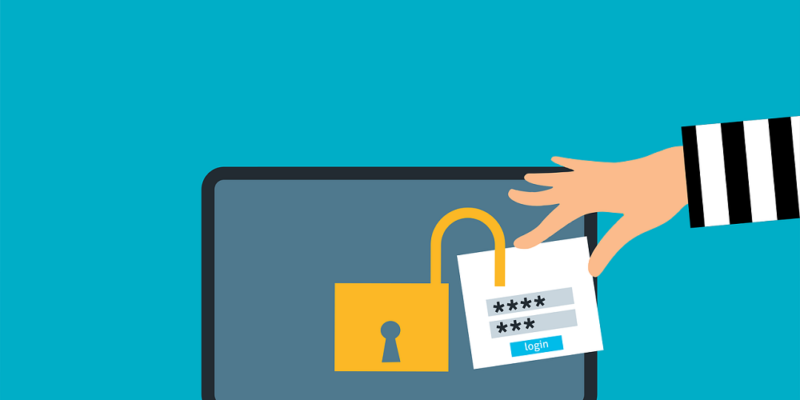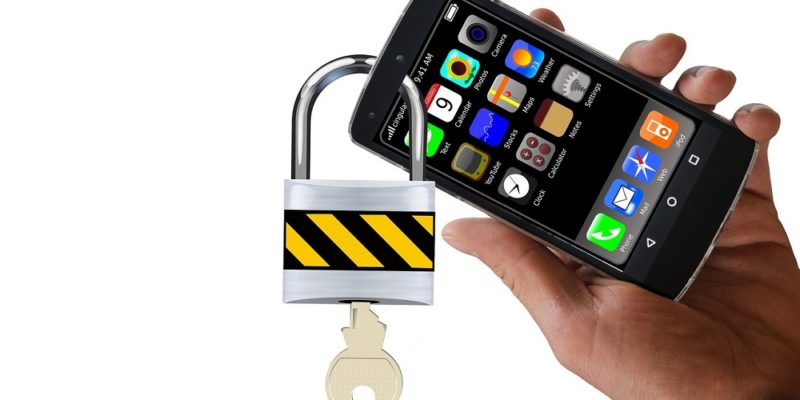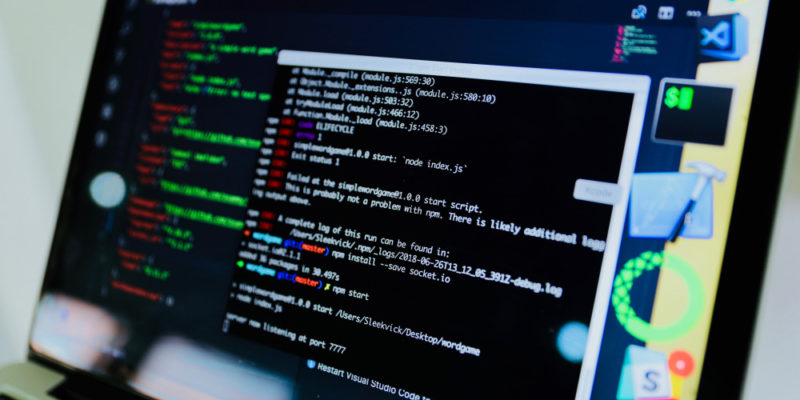 Identity Fraud: A Major Growth Area for Criminals
Identity Fraud: A Major Growth Area for Criminals
The lockdowns of 2020 led to an increase in online activity. This in turn led to an increase in online identity theft and fraud. The question asked for 2021 is whether 2020 was a temporary spike, or an ongoing change in fraudulent activity. This is the question discussed by Onfido in its Identity Fraud Report…










